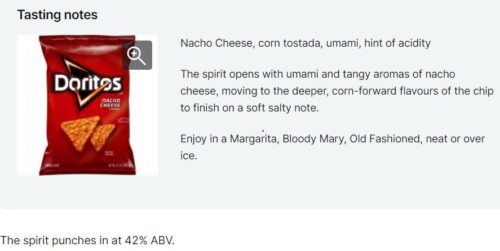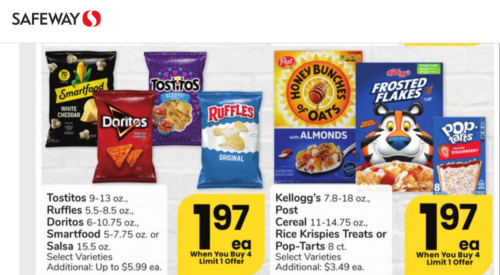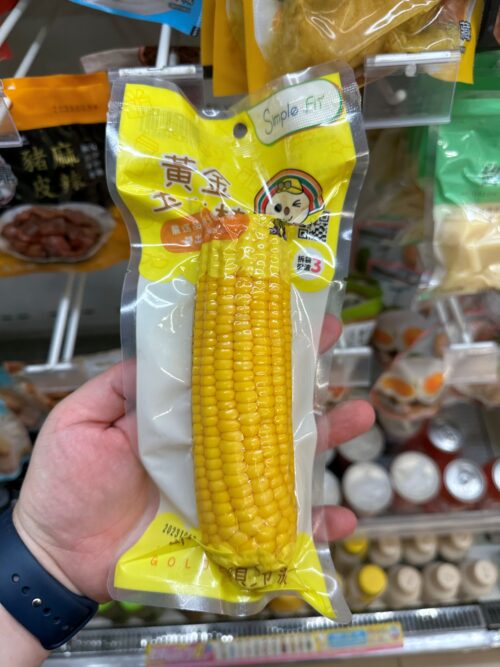Protein bars: Consumer Lab testing does not please manufacturers
I’m indebted to Consumer Lab for its testing and discussion of Protein, Energy, and Nut Bars.
Full disclosure: I don’t like these products much. I don’t like their soft texture or off flavors. The Environmental Working Group doesn’t much like them either, mainly because they are ultra-processed, contain artificial sweeteners, and are highly caloric.
Consumer Lab’s tests found some of these bars to contain more fat, carbs, and/or sugar alcohols than listed on their labels. The test results are in CL’s Nutrition Bars Review of bars from Aloha, Barebells, Clif Bar, David, GoMacro, IQ Bar, Kind, Kirkland, Larabar, Perfect Bar, Pure Protein, RxBar, and Quest.
CL is particularly concerned about the sugar alcohols commonly used in high-protein bars.
The distributor of one of the David bars deemed by CL as not approved (nearly five times as much fat as on the label and, therefore, more calories) argued that CL had used the wrong testing method.
At issue is the number of calories provided by the ingredient, esterified propoxylated glycerol (EPG), a poorly digested fat substitute. CL thought it should be labeled and its calories counted. The distributor disagreed.
CL says “EPG is a way to add fat to a protein bar (making it less dry), while hiding most of this fat and possible calories from the label. But we think this is dishonest to consumers….” It then goes on to discuss the potential binding of EPG to fat-soluble vitamins and causing oily urine and stools. It wants amounts of EPG disclosed on labels.
Comment: The FDA says EPG is GRAS. While the arguments about its calories continue, my bottom line is simple. EPG is a marker of ultra-processing. I would just as soon avoid it.





